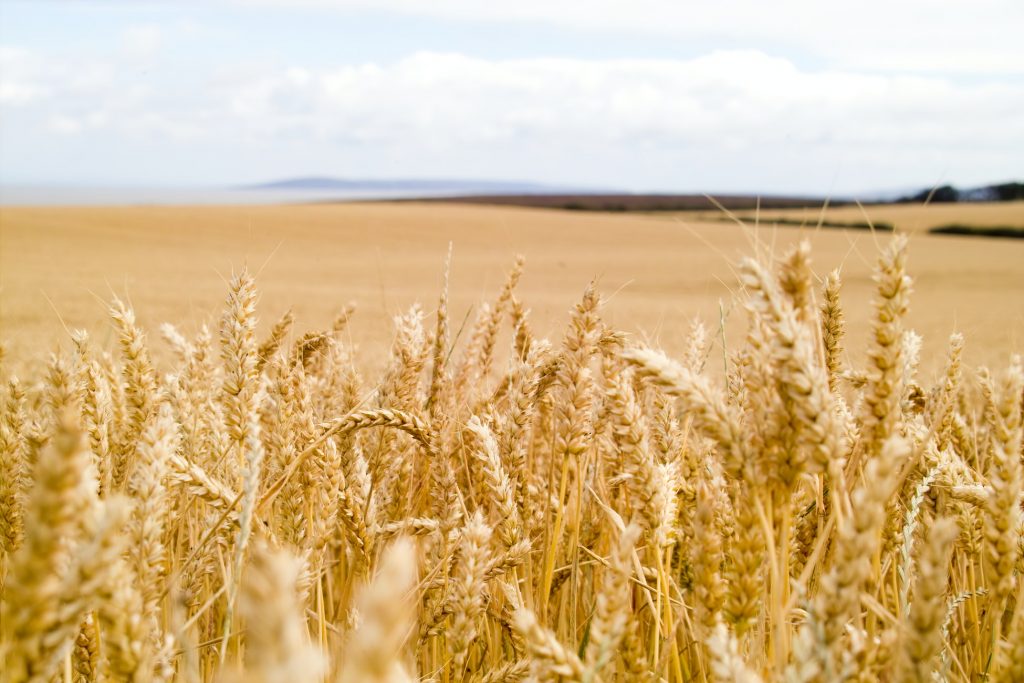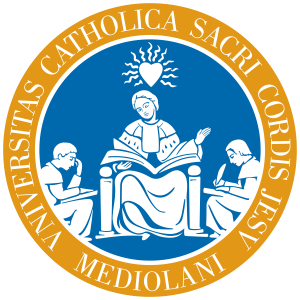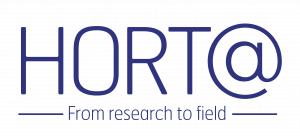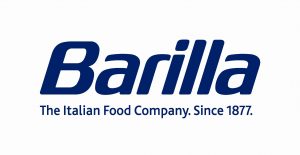
The problem
Durum wheat is the most relevant small-grain cereal for human food cropped in Italy in terms of production, but there is an unbalanced demand and offer, and the Italian production only covers about 70% of internal needs. The improvement of contract conditions, linked to the introduction of novel technologies helping the farmers in the sustainable management of the crop, can lead to benefits for all the actors in the food value chain: the food industry, the farmers and the technology providers.
The solution
The solution to the problem will be addressed with a mixture of technological, social and entrepreneurial innovations!
Firstly, it will build up on the experience of Barilla (the top Italian pasta producer), which saw an evolution of the contracts proposed to farmers for durum wheat supply. Barilla proposes to farmers multi-annual contracts for the supply of high quality durum wheat, which foresee premium price for the use of a specific decision support system (DSS, granoduro.net, provided by Horta), that guarantees the safety (e.g., mycotoxin contamination) and high quality of the product (e.g., grain weight and protein content) for the food industry, as well as the sustainability of the crop management.
Furthermore, an improvement to these contracts will be considered, i.e., the introduction of a parametric insurance on the wheat obtained with the use of the DSS, which will guarantee the durum wheat producers from risks linked to the unmanageable events that can happen during the cropping stage (i.e. linked to weather conditions), which make not possible to meet the safety and quality requirements agreed in the contract. A parametric insurance mechanism in the durum wheat value chain, and test with farmers will be introduced, following the implementation of the traceability of data through the food value chain.
The Innovations
Technological: Implementation of a parametric insurance mechanism requires technological adaptation, based on advanced analytics, IoT and blockchain technology to certify information for all the actors in the system.
Social: The DSS is a mean of knowledge transfer to farmers, so that they can be aware of agricultural best practices and innovations.
Organizational/Entrepreneurial: Introduction of new technologies can bring a change in the farmers’ organization, leading to a more rationale and optimized management of their durum wheat crops. The parametric insurance mechanism can guarantee farmers from unmanageable events affecting crop production. The new contracts proposed by Barilla to farmers improves the organization in the food industry, because it guarantees more stable quantities and high quality, sustainable raw material.
Sustainability

Economic: Introduction of contracts including the need of parametric insurance will safeguard farmers’ revenues in case of negative events affecting durum wheat production in terms of quantity, safety and quality.

Social: Benefiting farmers through the mechanism of the parametric insurance , having the revenues assured in case of negative events affecting production.

Environmental: Usage of the DSS as requested by the contract and the parametric insurance mechanism, guaranteeing optimization of inputs use in the durum wheat cropping stage.
The partners




Recent Comments